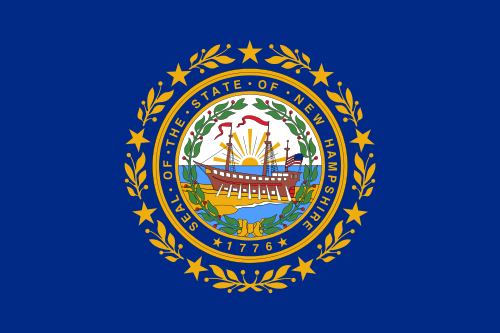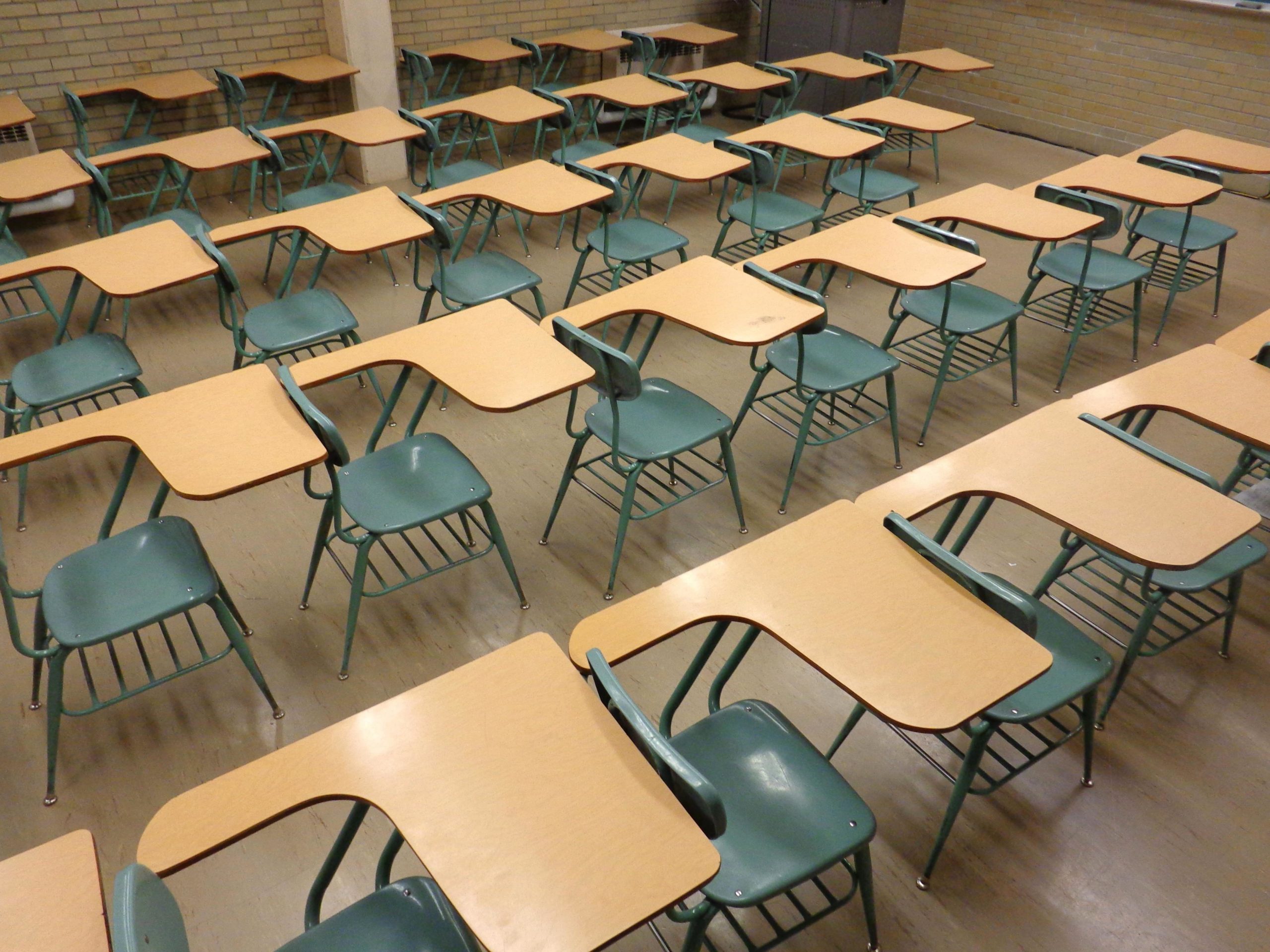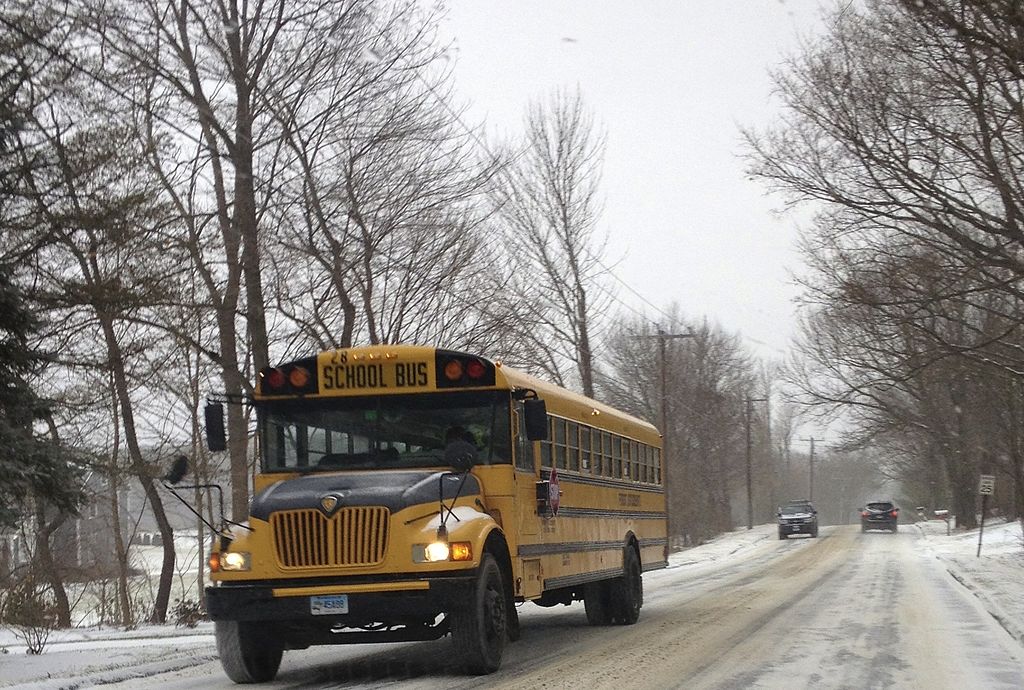Tag: school board
-
New Hampshire becomes 26th state to adopt Parents’ Bill of Rights

What’s the story? New Hampshire Gov. Kelly Ayotte (R) signed House Bill (HB) 10 on June 10, adopting a statewide Parents’ Bill of Rights. This bill establishes parents’ rights regarding their child’s education, prohibits schools from infringing those rights, and allows parents to seek legal relief if these rights are violated. The bill also requires…
-
Voters recall two Maine school board members

Voters approved recall elections against two members of the Maine School Administrative District 46 school board on June 10, 2025. In the recall election against Alisha Ames, 75% of voters cast ballots in favor of the recall, according to unofficial election night results. In the recall election against Judy Saunders, 67% of voters approved the…
-
Seven candidates are running in the nonpartisan general elections for the Conway School Board in Arkansas

Seven candidates are running in the nonpartisan general elections for Conway School Board in Arkansas on May 13. Three of the board’s seven seats are up for election. The Conway School District consists of seven members serving five-year terms. During the 2023 school year, 10,251 students attended one of the district’s 16 schools. This is…
-
Wisconsin school board president faces April 22 recall election

A recall election against Angela Hansen-Winker, president of the Wrightstown Community School District Board of Education in Wisconsin, is being held on April 22, 2025. Nicole Verbeten is running against Hansen-Winker in the election. Whoever receives the most votes will finish Hansen-Winker’s term, which is due to expire in 2026. The group Residents 4 Wrightstown…
-
Incumbent Brandi Lautigar and Pollyann Sorcan running in the nonpartisan special election for Minnesota’s Rock Ridge Public School Board

Incumbent Brandi Lautigar and Pollyann Sorcan are running in the nonpartisan special election for an at-large seat on the Rock Ridge Public School Board on April 8, 2025. Sorcan is running for the seat that she previously held before the board voted to expel her and appoint Lautigar to her seat. Sorcan was re-elected in…
-
Two school board recall efforts start collecting signatures in first week of February

Petitioners attempting to recall school board members in Arizona and Idaho were approved to collect signatures in the first week of February 2025. In Arizona, two members of the Liberty Elementary School District Governing Board—Kristopher Kenyon and Bryan Parks—were named in recall petitions. Supporters of the recall said over a dozen teachers had resigned since…
-
98% of voters approve Maine school board recall

Voters approved a recall election against Kirstin Shapiro, member of the Regional School Unit 21 Board of School Directors in Maine, on December 17, 2024. A total of 171 voters cast ballots in favor of the recall, and three voters cast ballots against it, according to unofficial election night results. Shapiro resigned from her position…
-
School board members in California and Michigan face November recall elections

Recall elections are being held in the Reef-Sunset Unified School District in California and the Onaway Area Community School District in Michigan on November 5, 2024. The names of three board members are on the ballot in Reef-Sunset Unified, and one is on the ballot in Onaway. Two of the three Reef-Sunset Unified board members…
-
Twenty-two candidates running for Detroit Public Schools Community District school board

Twenty-two candidates are running in the November 5, general election for Detroit Public Schools Community District school board. Three of the board’s seven seats are up for election. Board members are elected at large. Sherry Gay-Dagnogo is the only incumbent running for re-election. Misha Stallworth and Sonya Mays are not. The Michigan Chronicle’s Donald James…
-
Sequoyah Public Schools, Okla., to hold redo election after discovery of irregular votes

Voters in Oklahoma’s Sequoyah Public Schools will see a court-ordered redo election on their ballots on Aug. 27 after the discovery of irregularities in a close race from last spring. Greg Perry and Lyndsey Young ran in a special general election for the Office 2 seat on April 2, Oklahoma’s statewide school board general election…

